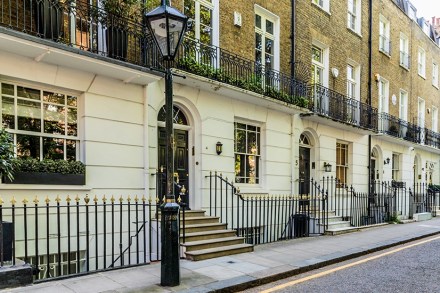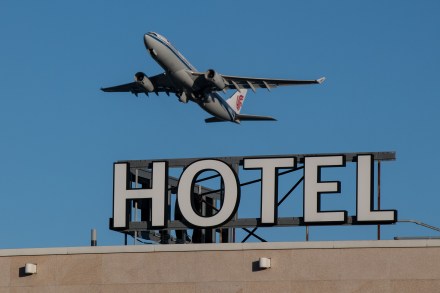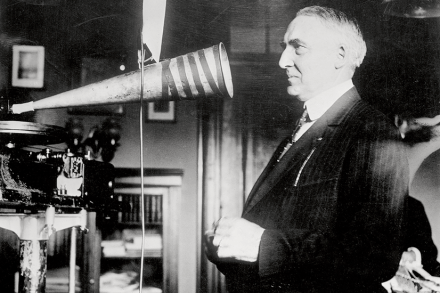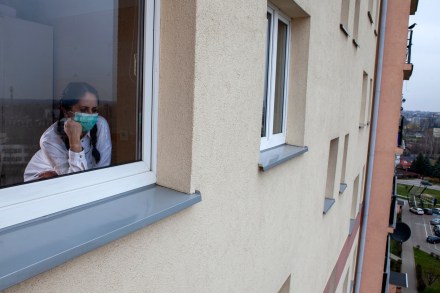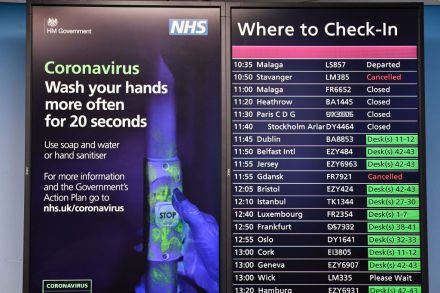My password amnesia got me into hot water
Chelsea/Gstaad Oh, to be in England! But let’s start at the beginning. I challenge any reader to claim they are more technologically disadvantaged than yours truly. Or anyone not suffering from Alzheimer’s, at least. I resisted getting a mobile telephone until my days on board a sailing boat became a nightmare. I missed get-togethers, lost friends, and finally gave in around ten years ago. More trouble followed. For example, I get pings all the time and can see on screen the names of Pugs members sending messages to each other. But I don’t know how to put in my five cents. Prince Pavlos of Greece set my phone up so
